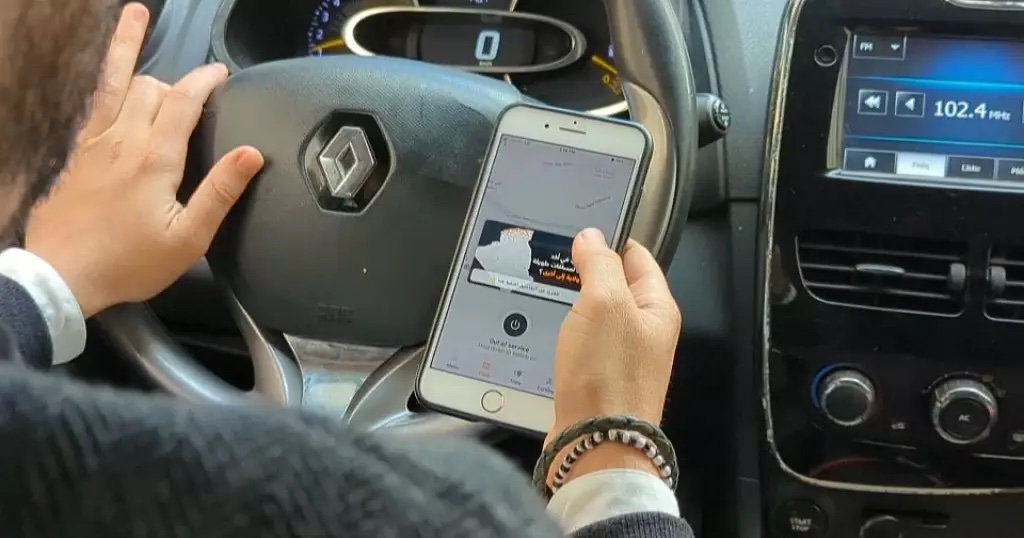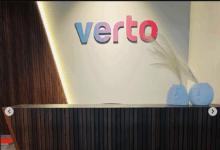Cab-hailing apps are coming to Senegal for the first time

In some African cities such as Nairobi, Kampala, Lagos, Cairo and Accra, Ghana, cab-hailing is a lifestyle that people have adapted to, so much.
But in Dakar, Senegal, cab services have remained a preserve of the traditional yellow taxis lining the streets. They are hard to miss and have operated in a rather conservative style.
The scene is slowly changing as cab-hailing companies enter the market. Several startups are eyeing the market that’s deemed to possess great untapped potential. Among cab-hailing companies making inroads in Senegal are Paris-based Heetch, Russian firm Yango, and Algerian ride-hailing app Yassir. All of them commenced operations in Senegal over the last 12 months.
Malick Diagne, Heetch’s country manager, told Quartz Africa that Senegal is slowly becoming a prime market for the rapid expansion of ride-hailing apps.
“We were thinking about entering Senegal in 2019—but the market was not ready for it. The timing is good now—we are seeing a switch from analogue to digital. More and more people are going digital with smartphones.”
The companies have their eyes set on middle-class Senegalese citizens and expats.
“We are not here to revolutionize the market, we are here to modernize it,” said Diagne.“We are trying to make sure that Senegalese people have different options when it comes to mobility.” He poises.
With about a population of 18 million people, the Senegalese market has significant potential for each company to grow exponentially.
One of the challenges that these companies must counter is the recruitment of drivers as many of them don’t own smartphones and do not speak French, the language used on the apps.
Many drivers are also hesitant to take up technology, having worked in the same market independently for years. Companies have been trying to work around this by training drivers on how to use smartphones. Heetch, for instance, holds workshops to train drivers.
Although it might take time before the apps become a common feature in Dakar’s day and nightlife, there certainly is great potential for these companies. Across Francophone Africa, the pace of technology take up is relatively slow, compared to their counterparts in Anglophone nations.
Follow us on Telegram, Twitter, and Facebook, or subscribe to our weekly newsletter to ensure you don’t miss out on any future updates. Send tips to info@techtrendske.co.ke



